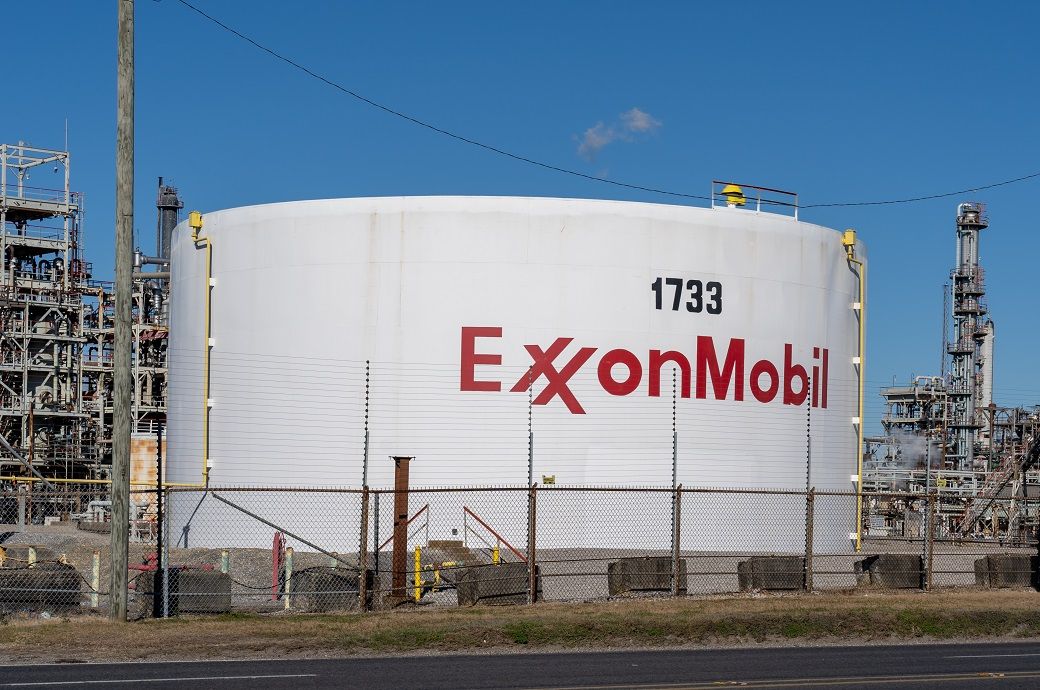
We’ll transport and permanently store up to 500,000 metric tons per year (MTA) of captured CO2 from CF Industries’ complex in Yazoo City, Mississippi, which makes nitrogen products for agricultural fertilizer and other essential products. The project will enable CF Industries to reduce the site’s CO2 emissions by up to about 50 percent. Startup is planned for 2028.
With this agreement, the total CO2 we’ve agreed to store for customers is up to 5.5 million MTA. That’s equivalent to replacing about 2 million gasoline-powered cars with electric vehicles, which is more than the total EVs sold in the United States in 2023. No other company has announced CCS commitments of this magnitude.
“We’re serious about expanding carbon capture – a safe, proven solution for hard-to-decarbonize industries,” said Dan Ammann, president of ExxonMobil Low Carbon Solutions. “Our agreement with CF Industries is the latest example of how we can help industrial customers make significant progress, quickly and economically.”
It’s our second CCS project with Illinois-based CF Industries, and our first in Mississippi. As former governor Haley Barbour said in a recent op-ed, carbon capture can help support the state’s economic growth, in addition to reducing emissions.
Our growing carbon capture and storage network
ExxonMobil has more than 30 years’ experience in carbon capture. We own and operate the largest CO2 pipeline network in the country. The first site to connect into that network will be CF Industries’ site in Donaldsonville, Louisiana. Startup remains on track for 2025.
“We’ve set ambitious goals to reduce our emissions from our operations, and CCS will play a key role in getting us there,” said Tony Will, president and CEO of CF Industries. “We are really pleased to expand our relationship with ExxonMobil for our second CCS project together as their leading expertise helps accelerate our decarbonization journey.”
Carbon capture and storage is powerful, versatile, safe
CCS is powerful, versatile solution to reduce CO2 emissions, particularly for heavy industries, which account for more than a quarter of the world’s energy-related CO2 emissions.
CCS also is safe, with both storage sites and pipelines well-regulated and designed to minimize risk. We recently expanded the emergency pipeline safety training course we offer for local first responders to include CO2 pipelines. Those trained at our most recent course included first responders from Yazoo City.
Fibre2Fashion News Desk (HU)